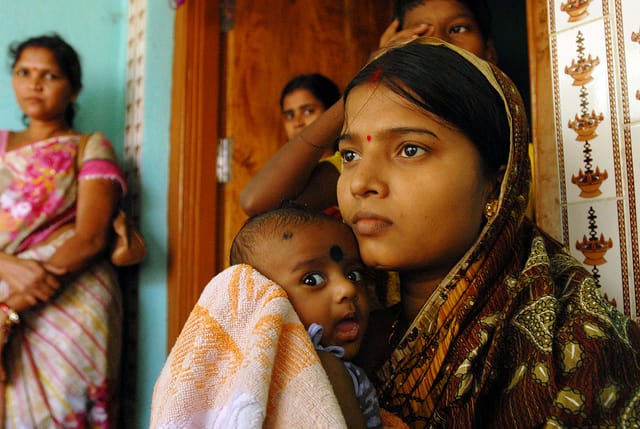
Qualitative Comparative Analysis

Adhip Amin, Research Officer in the Chronic Health Conditions and Public Policies cluster at IPH, will be presenting a seminar titled, “Introduction to Qualitative Comparative Analysis.” This seminar will be on methods in the social science, specifically a basic introduction to Comparative Social Science Research, specifically Qualitative Comparative Analysis (QCA). It will also discuss causal complexity in the social sciences and how QCA, rather than seeking to reduce the complexity — instead, works with it. QCA is a method that Dr. Upendra Bhojani and the project team aim to employ in the DEEP project. This seminar will be conceptual in nature.
You are invited to attend this seminar in person or over Zoom using the link below:
https://zoom.us/j/701662546
Speaker
Adhip Amin
Affiliation
Institute of Public Health
Date
28-November-2019
Time
2:00 pm – 3.00 pm
Venue
Institute of Public Health, Bengaluru
3009, II-A Main, 17th Cross, KR Rd, Siddanna Layout,
Banashankari Stage II, Banashankari,
Bengaluru, Karnataka 560070






